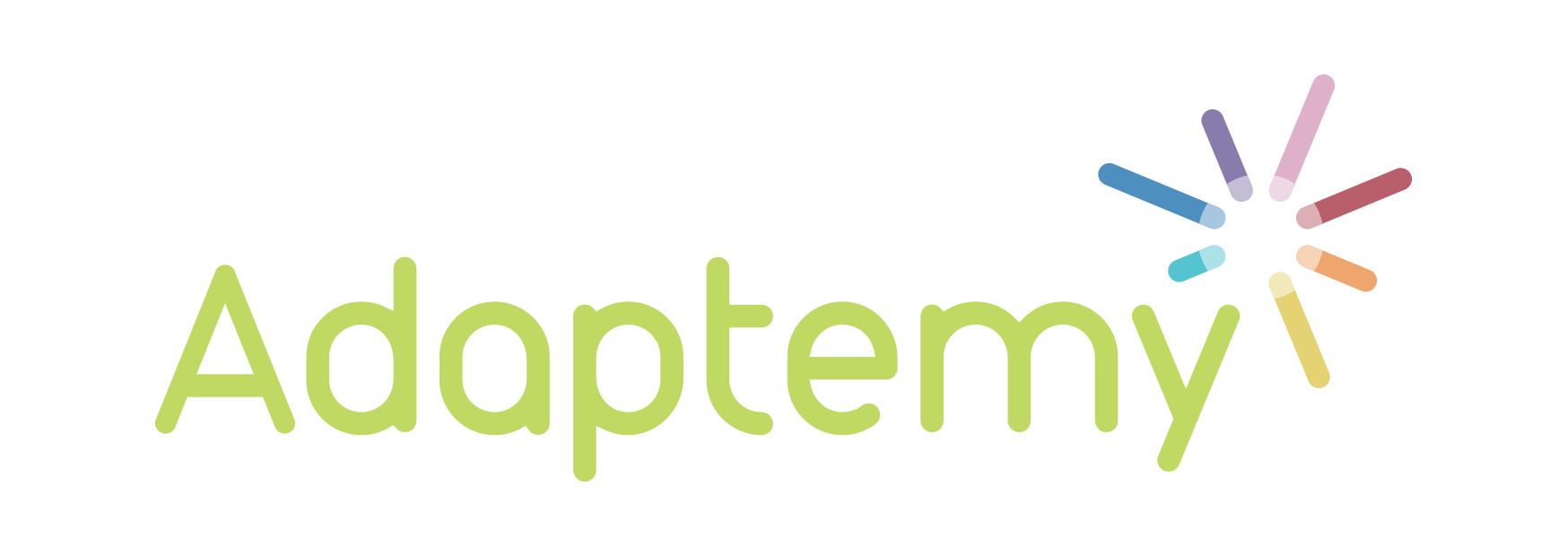 In my last post, I mentioned that creating professional social media accounts allows teachers to protect their privacy and connect with other educators. Although separating personal life from professional interests online is vital, some educators tend to make mistakes in areas such as the appearance of their profile, the content that is posted, and their interactions with others. The tips below will help teachers to avoid these mistakes and stay professional online.
In my last post, I mentioned that creating professional social media accounts allows teachers to protect their privacy and connect with other educators. Although separating personal life from professional interests online is vital, some educators tend to make mistakes in areas such as the appearance of their profile, the content that is posted, and their interactions with others. The tips below will help teachers to avoid these mistakes and stay professional online.
Appearance
In many cases, particularly on social media, the appearance of a profile creates a first impression on a potential collaborator or employer. In order for this impression to be positive, the profile must be designed in a simple and professional way. Pay attention to your profile picture and cover photo, ensuring that both are appropriate for a professional account. Similarly, profile elements such as a Twitter handle or Facebook name should clearly reflect the nature of the account. Feel free to get creative when explaining the account’s purpose in the description or ‘bio’ section of the profile. Remember that certain elements of your personal social media accounts, such as your profile picture, may be visible to the public and should therefore be chosen carefully. Aspects of a profile’s appearance such as photos, names, and descriptions are often the first to be noticed by current and potential colleagues and students, and teachers should design these elements carefully in order to remain professional online.
Content
Many aspects of the content posted by educators online must remain professional. Grammar and spelling can often be neglected online, but others may not respect content that contains an excessive amount of mistakes. Use your account often to keep it active, but be aware that posting too often, reposting the same information multiple times, or repeatedly contacting others may be viewed as spam. Share information that is useful and relevant to professionals in your field and try not to include personal content. One of the most common errors committed by social media users in general is getting involved in arguments with other users, and doing so on a professional account is a particularly bad idea. Such disputes may be avoided by keeping strong or controversial opinions off the internet unless these opinions are exceptionally relevant. Teachers can stay professional online by monitoring the nature and frequency of the content they share with others.
Interactions
When interacting with other professionals online, it is useful to bear in mind that these interactions are essentially the same as face-to-face conversations. As such, all exchanges on social media and other online platforms should be civil and respectful. Refrain from being rude when providing feedback on articles or other content, and offer constructive criticism and support wherever possible. As mentioned above, engaging in arguments online is extremely unprofessional. When connecting with an individual or group for the first time, remember that you don’t know the person or people and that this situation essentially involves meeting a stranger for the first time. A useful analogy is that of walking into a pub for the first time and finding that all the locals know each other; when joining a forum or other online group, introduce yourself and observe the activity of its members before contributing your own ideas. Teachers have the opportunity to make excellent connections with each other online, but these connections cannot be formed without respectful and professional interaction.
Online platforms provide educators with many opportunities to share information and learn from each other, and keeping the above advice in mind will allow teachers to stay professional online and make the most of their experience. Tweet us @adaptemy or message us on Facebook and let us know your tips for staying professional online!


